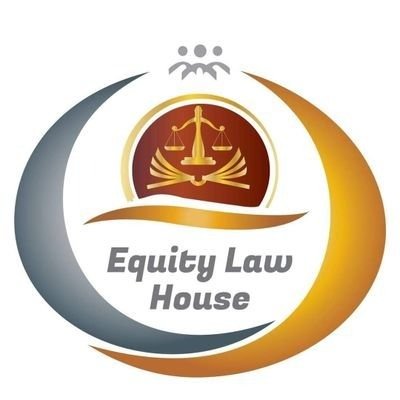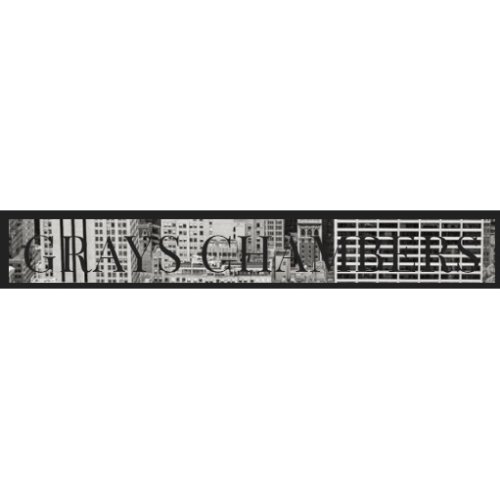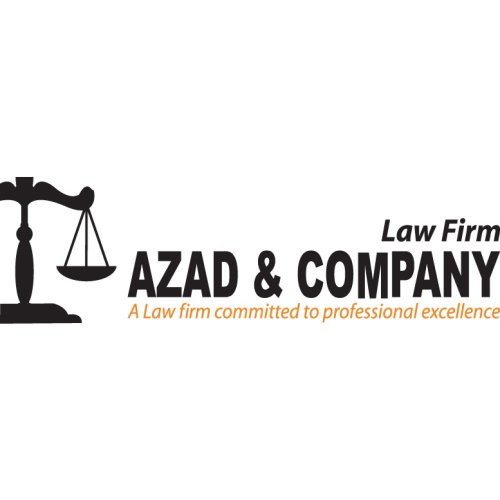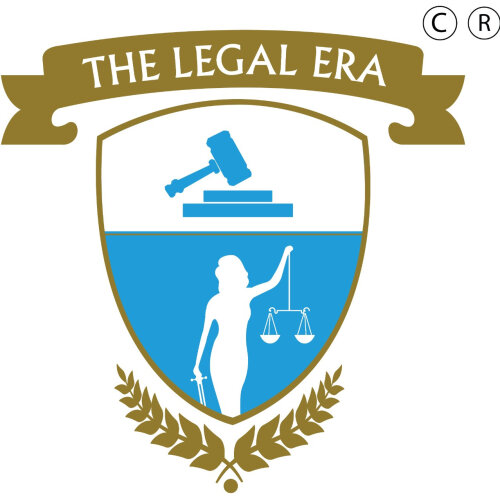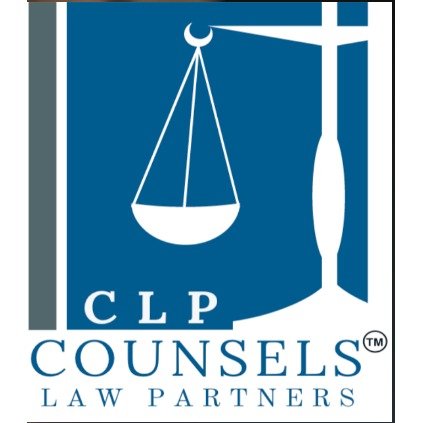Best Restructuring & Insolvency Lawyers in Bangladesh
Share your needs with us, get contacted by law firms.
Free. Takes 2 min.
Or refine your search by selecting a city:
List of the best lawyers in Bangladesh
About Restructuring & Insolvency Law in Bangladesh
Restructuring and insolvency law in Bangladesh deals with situations where businesses or individuals face financial distress or are unable to pay their debts. These legal processes are designed to protect the interests of creditors while giving debtors a chance to reorganize their affairs or liquidate assets fairly. The laws around insolvency and restructuring aim to balance the rights of creditors to recover debts with the need for debtors to manage their obligations and either return to financial health or wind up operations in an orderly manner. In recent years, Bangladesh has taken steps to modernize its insolvency framework, making it more responsive to the needs of the local economy and international business practices.
Why You May Need a Lawyer
Restructuring and insolvency cases can be complex and stressful for businesses and individuals alike. You may need a lawyer in situations such as:
- Your business is unable to meet its financial obligations and requires restructuring of debt or operations.
- You are facing legal action from creditors due to unpaid debts.
- You need guidance on how to protect personal or business assets during insolvency proceedings.
- You wish to initiate insolvency proceedings against another party who owes you money.
- You need to negotiate settlements or repayment terms with creditors.
- You are an investor or shareholder concerned about your rights during company restructuring or liquidation.
- You are a creditor seeking to recover outstanding amounts when a debtor is insolvent.
A qualified lawyer can provide essential advice on the best course of action, ensure compliance with legal requirements, represent you in court, and help minimize financial and legal risks.
Local Laws Overview
In Bangladesh, restructuring and insolvency matters are governed mainly by the Company Act 1994, the Bankruptcy Act 1997, and related regulations. Below are some key points to understand:
- Corporate Insolvency - The Companies Act 1994 provides procedures for winding up companies, either voluntarily or by order of the court. Winding up can occur if a company is unable to pay its debts or if it is just and equitable to do so.
- Personal Insolvency - The Bankruptcy Act 1997 allows individuals or creditors to petition for bankruptcy, with the court overseeing the distribution of assets to creditors and discharging the debtor from further liability under certain conditions.
- Restructuring Options - Debtors may reach voluntary arrangements with creditors to restructure debts, prolong payments, or reorganize business practices, often to avoid insolvency proceedings.
- Role of the Courts - The High Court Division of the Supreme Court of Bangladesh typically oversees company insolvency proceedings, while district courts may handle personal bankruptcy matters.
- Creditor Rights - Creditors have the right to petition for winding up of a company or bankruptcy of an individual, and to participate in the distribution of assets.
- Liquidators and Trustees - Appointed officers (liquidators in company cases, trustees in bankruptcy) are responsible for collecting and distributing assets according to legal priorities.
- Recent Reforms - Bangladesh is working to streamline insolvency and restructuring laws, aiming for faster processes and better protection of all parties involved.
Frequently Asked Questions
What is the difference between restructuring and insolvency?
Restructuring involves reorganizing a company's debts or operations to improve financial health and avoid insolvency. Insolvency is a legal process for handling debts when a person or company cannot pay their creditors.
Who can file for bankruptcy in Bangladesh?
Both individuals and creditors can initiate bankruptcy proceedings if an individual is unable to pay their debts, under the Bankruptcy Act 1997.
What are the main grounds for winding up a company?
Common grounds include inability to pay debts, passing a special resolution for winding up, or if the court deems it just and equitable.
How does the court determine if a company is insolvent?
The court considers if the company cannot pay debts as they become due, or if its liabilities exceed its assets.
What happens to employees when a company is liquidated in Bangladesh?
Employees' wages and claims are given priority during the distribution of the company's assets in liquidation, but payment depends on available funds.
Can creditors recover all their money in an insolvency proceeding?
Creditors may not recover all their money if the debtor's assets are insufficient. Payments are made based on a legally prescribed order of priority.
Is there a way to prevent insolvency proceedings?
Yes, companies and individuals can negotiate with creditors to restructure debts or reach amicable settlements before formal proceedings begin.
What are the consequences of being declared bankrupt in Bangladesh?
The individual's assets are managed by a trustee, and after the distribution to creditors and the completion of bankruptcy process, the person may be discharged from most debts.
How long does the insolvency process take?
The duration varies depending on the complexity of the case, the amount of assets, and cooperation among parties, but it often takes several months to years.
Is legal representation necessary in restructuring or insolvency cases?
While not mandatory, legal representation is strongly recommended to navigate the law, protect your interests, and possibly achieve a more favorable outcome.
Additional Resources
For more information and support, you may refer to the following resources:
- Bangladesh Bank - guidance on financial regulations and creditor-debtor relations
- Registrar of Joint Stock Companies and Firms (RJSC) - company registration status and legal filings
- Bangladesh Supreme Court - details on court processes for insolvency and bankruptcy matters
- Bangladesh Bar Council - find qualified lawyers specializing in restructuring and insolvency
- Relevant government ministries such as the Ministry of Commerce or Ministry of Finance for policy updates
These organizations can provide useful information and help you connect with professionals in the field.
Next Steps
If you are facing financial distress or require guidance on restructuring or insolvency issues in Bangladesh, consider taking the following steps:
- Assess your financial situation and consider available options for restructuring or settlement.
- Document all relevant financial information including debts, assets, and obligations.
- Contact a lawyer who has experience in restructuring and insolvency law to discuss your situation.
- Be proactive in communicating with creditors and other stakeholders to explore possible solutions.
- Follow legal advice carefully to ensure compliance with all statutory requirements and deadlines.
Restructuring and insolvency law involves sensitive and technical issues. Seeking timely professional assistance improves the chances of a positive resolution and helps protect your rights and interests.
Lawzana helps you find the best lawyers and law firms in Bangladesh through a curated and pre-screened list of qualified legal professionals. Our platform offers rankings and detailed profiles of attorneys and law firms, allowing you to compare based on practice areas, including Restructuring & Insolvency, experience, and client feedback.
Each profile includes a description of the firm's areas of practice, client reviews, team members and partners, year of establishment, spoken languages, office locations, contact information, social media presence, and any published articles or resources. Most firms on our platform speak English and are experienced in both local and international legal matters.
Get a quote from top-rated law firms in Bangladesh — quickly, securely, and without unnecessary hassle.
Disclaimer:
The information provided on this page is for general informational purposes only and does not constitute legal advice. While we strive to ensure the accuracy and relevance of the content, legal information may change over time, and interpretations of the law can vary. You should always consult with a qualified legal professional for advice specific to your situation.
We disclaim all liability for actions taken or not taken based on the content of this page. If you believe any information is incorrect or outdated, please contact us, and we will review and update it where appropriate.
Browse restructuring & insolvency law firms by city in Bangladesh
Refine your search by selecting a city.




